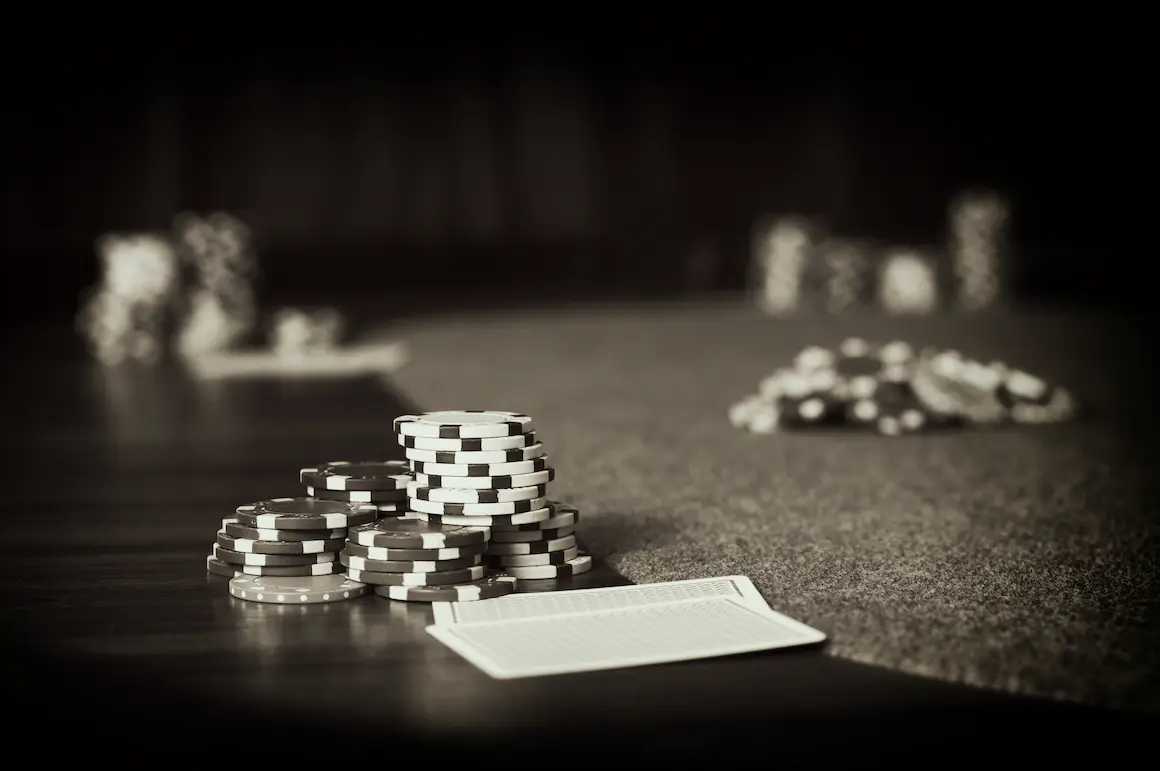 Article Contributors
Article Contributors It would not be an exaggeration to say that poker is the card game that unites different age groups. The skills of a successful poker game were passed down from generation to generation as a great family value. Of course, the priorities and sources of knowledge have shifted towards educational literature and internet sources in our time. But personal experience is still relevant.
The purpose of the game is to collect such a winning combination, which will be higher in value than the combinations of the rest of the players. Another option for ending the game is forcing the opponents at the gaming table to fold their cards at any cost. Relying on luck alone when sitting at a poker table with professional players is not a great idea. Most poker fans are familiar with the basics of the Fundamental Theorem of Poker, developed by David Sklansky and Mason Malmuth. Its main postulate is this: every game in which you play differently from how you would’ve played if you knew your opponent’s hand for sure ends in favour of your opponent. Each game in which you play in the same way as you would play, knowing the opponent’s cards, brings you victory. Thus, you need to play every game as if you know other players’ cards at the table.
Of course, other people’s cards remain a mystery to us in the actual game. However, based on the course of the game, the strategy of the opponent and their behaviour, an experienced poker player can at least approximately estimate the strength of the opponent’s hand and make his move based on this information.
The complexity of poker lies in a large amount of uncertainty because each player must make an important decision based on the evaluation of their own cards and those laid out by the dealer on the table. One can only guess the strength of the opponent’s hand. It is in this case that the full value of skills in working with blockers and unblockers is manifested.
What are blocker and unblocker cards for?

The concept of blockers has been used in modern poker for a long time, but it has become a lot more popular in the last decade. More and more fans of casino games want not only to have a good time but also to make a profit. This means that the approach to the game must change completely.
A blocker is a card that minimises or completely eliminates the opponent’s hand that includes this card or a card of the same rank. So, let’s say, if you have the ace of spades in your hands, the probability of another player having it is close to zero. This knowledge will help determine the strength of the opponent’s hand because based on the knowledge of your cards, you can conclude which combinations the opponent does not and cannot have.
For example, if there are three cards of the suit of spades on the common table, and you are the owner of the ace of spades, it is safe to say that your opponent will not collect the nut flush.
Blocker system is more commonly used in Omaha poker. But even when playing Hold ’em, you can use this knowledge to your advantage. The blocker card is of particular importance in boundary situations. A correct assessment of the game as a whole and the strength of the opponents’ hand will help you to make the right decision.
The idea of unblocker cards is relatively recent, but it has already shown its importance in a successful poker game. Knowledge of this concept influences the choice of game policy in various situations.
An unblocker is a card that one player has that doesn’t reduce or eliminate the possibility of another player having a particular hand but increases the likelihood of a hand not having that card.
The unblocker has the greatest influence on the game strategy on the river, the final round of betting. This is because the ranges tend to get narrower towards the end of the game. Experienced players can use this knowledge to play post-flop, and sometimes even at the beginning of the game. The importance of these cards and their interpretation increases with the increase in the amount in the bank.
Using the concept of unblockers in bluffing
A poker without a bluff is not poker. The very essence of the game is linked to the ability of one player to deceive the opponent, forcing them to believe in something that is not really there. That is why the use of unblockers in online poker is limited because, on the screen, it is impossible to see the faces and movements of other players. We only have access to information about our own cards and cards on the gaming table.
Bluff catching is a strategy that allows to bypass bluffs but cannot outperform any opponent’s value hand. It can be used in a situation where your hand blocks your opponent’s call and bluff-raise but leaves room for them to fold. Statistically, if your hand selection is well thought out, your opponents are more likely to fold by 2%. Of course, this figure does not mean anything for an amateur, but for a professional poker player, this is a tangible privilege, especially in the long run.
The use of blockers and unblockers is also relevant when it is necessary to apply psychological pressure on the opponent to block their strong hand. Another option is when the player has not the strongest cards in their hands and needs to quietly gain time and convince the opponent of the nut hand. Thus, they strengthen their hand and force the opponent to fold.
Value and unblockers

Value hands are the most powerful compared to other players’ cards. This is the most desirable and profitable option. An excellent foundation for a call would be a hand that can block a value bet of the opponent that still allows for their bluff hand. When we get the nuts, we immediately reduce the strength of the hand of the player sitting next to us. This should be used when choosing a bet sizing for your value bet.
The best option would be not only the study of the theoretical foundations of the concept of blockers and unblockers but also practising, constantly using them. In addition, this strategy is great for combinations with other game schemes.




